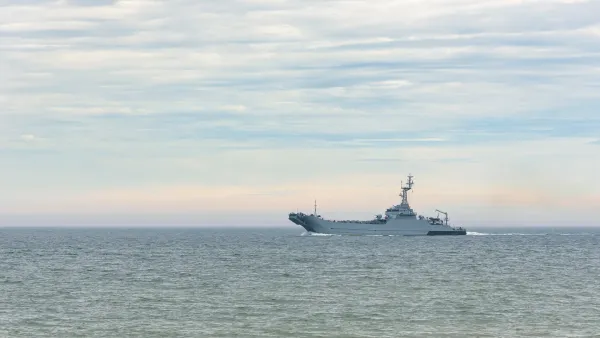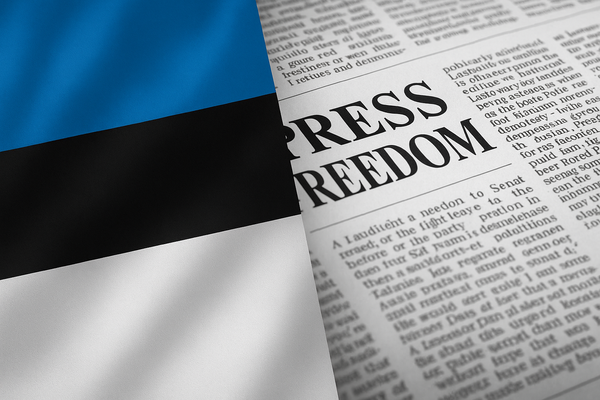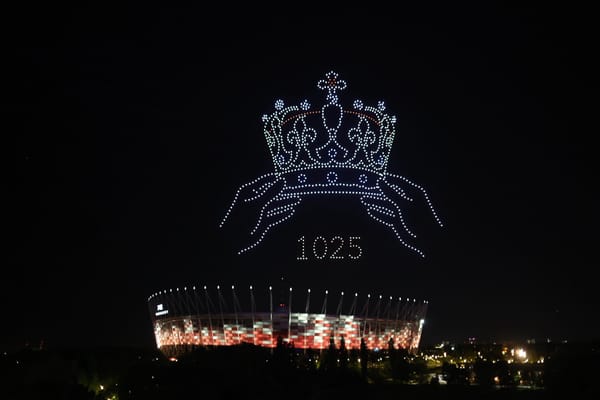
Rail Baltica in focus as Baltic leaders meet
Transport was on the agenda when Lithuanian Prime Minister Ingrida Simonyte, Latvia Prime Minister Evika Silina, and Estonian Prime Minister Kristen Michal met in Klaipeda, west Lithuania, at the weekend.
The Rail Baltica, a high-speed rail connection across the Baltic states, is encountering significant challenges and rising costs, drawing concern from not only regional political leaders but also stakeholders.
Cost overruns, accountability lacking
Initially estimated at EUR 5.7bn in 2017, the cost of the Rail Baltica project has ballooned to around EU 24bn. The European Commission (EC) has allocated funding, but costs have spiraled due to project mismanagement, technical complications, and expanding scope, such as elaborate station design and extra infrastructure.
Saeima parliamentary inquiry commission head Andris Kulbergs says political conflicts and lack of oversight saw overlapping roles and responsibilities, poor decision-making and a lack of accountability.
Latvian Parliament Saeima Speaker Daiga Mieriņa has called for legislative amendments and more parliamentary engagement to prevent politicians from shirking difficult decisions. The committee is still investigating the omission of critical components such as station construction from initial agreements. This oversight has allegedly contributed to the ballooning costs and complications in project execution.
Funding shortfalls from Latvian side
The project’s funding structure is also under scrutiny. The EC has committed EUR 345.8mn towards construction in Latvia, but this requires an additional EUR 61mn in national co-financing. However, due to reduced EU funding for certain activities and the project’s increasing scope.
A report from the Latvian Transport Ministry reveals that the country must co-finance EUR 23.3mn from 2024-28 for activities not covered by the EU. The discrepancy between the available EU funding and the total project cost has raised concerns about potential funding shortfalls and the project’s overall feasibility.
Strategic, technical considerations on agenda
The EC has advised focusing on the core route from Tallinn, Estonia, to Warsaw, Poland, suggesting that the project be divided into phases to manage costs effectively. Discussions are ongoing about potentially omitting connections to Riga and Vilnius in the initial phases to cut expenses. However, this approach risks undermining the project’s long-term goals.
In Latvia, there is debate over whether to include ambitious features such as a new airport connection or additional regional stations. Critics argue that such additions, while beneficial, may not be financially viable given the project’s budget constraints.
Despite the difficulties, the project remains a priority for all three Baltic states. The initial phase, which aims to complete a single-track route by 2030, is still in progress. However, the scope and scale of the project continue to evolve, with ongoing negotiations about how best to balance cost, scope, and timeline.
The coming months will be crucial in determining whether the project can be realigned with its original vision or if more significant adjustments will be necessary.





